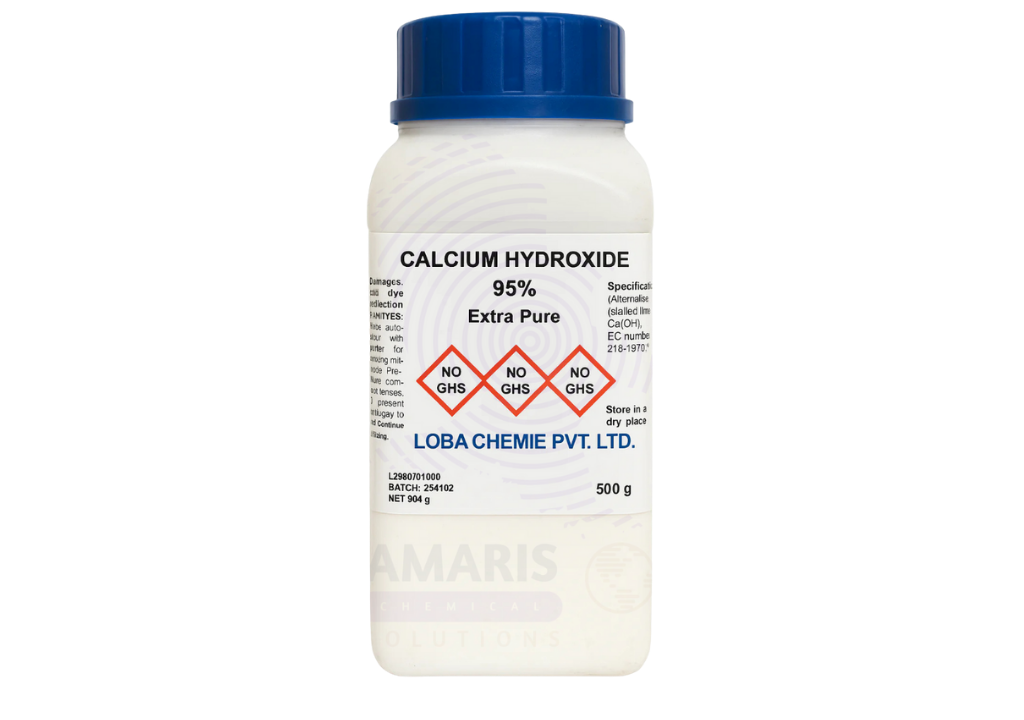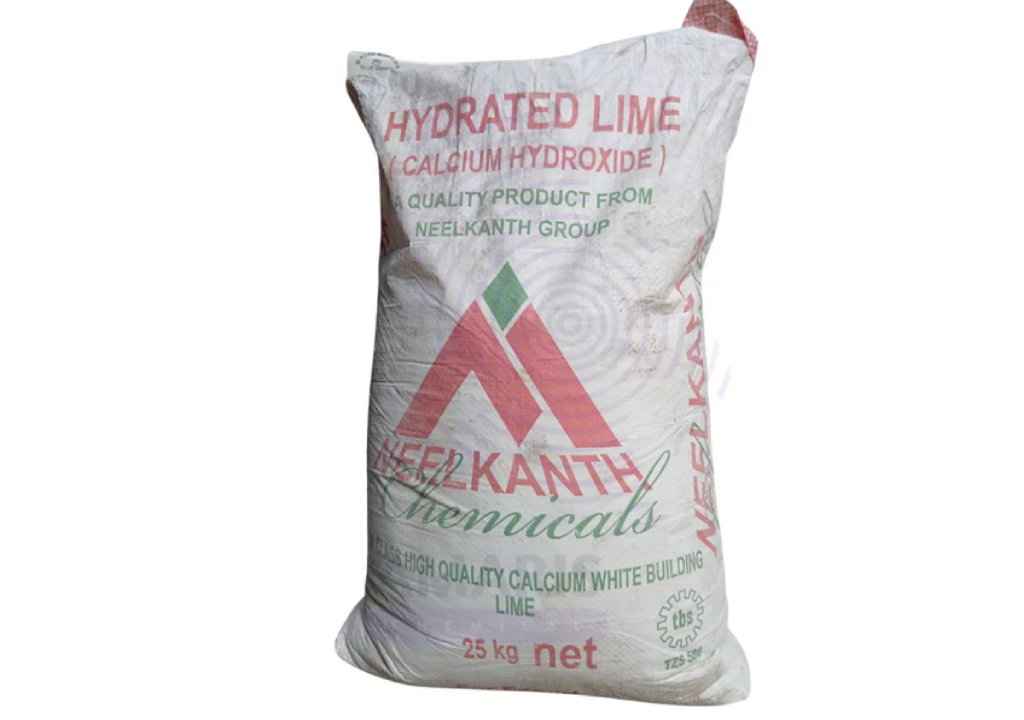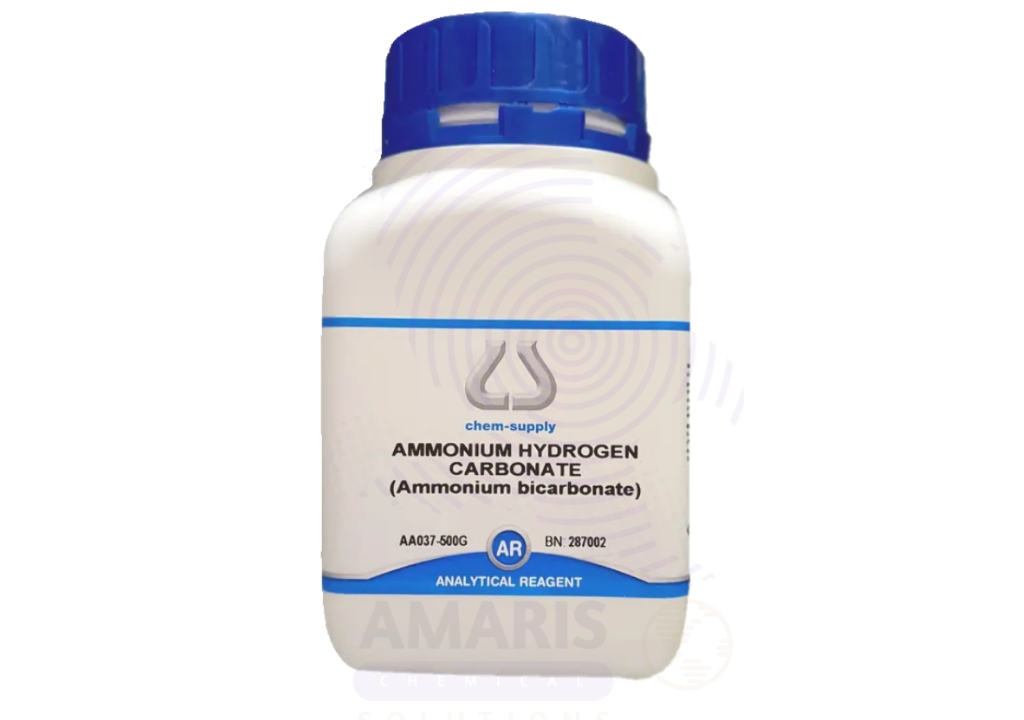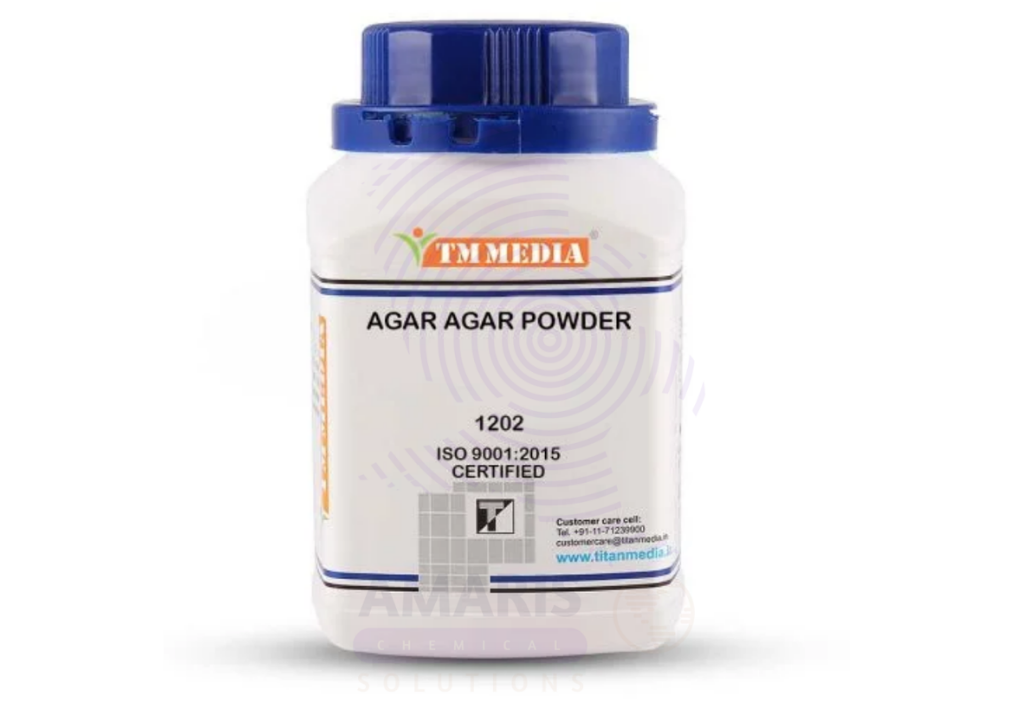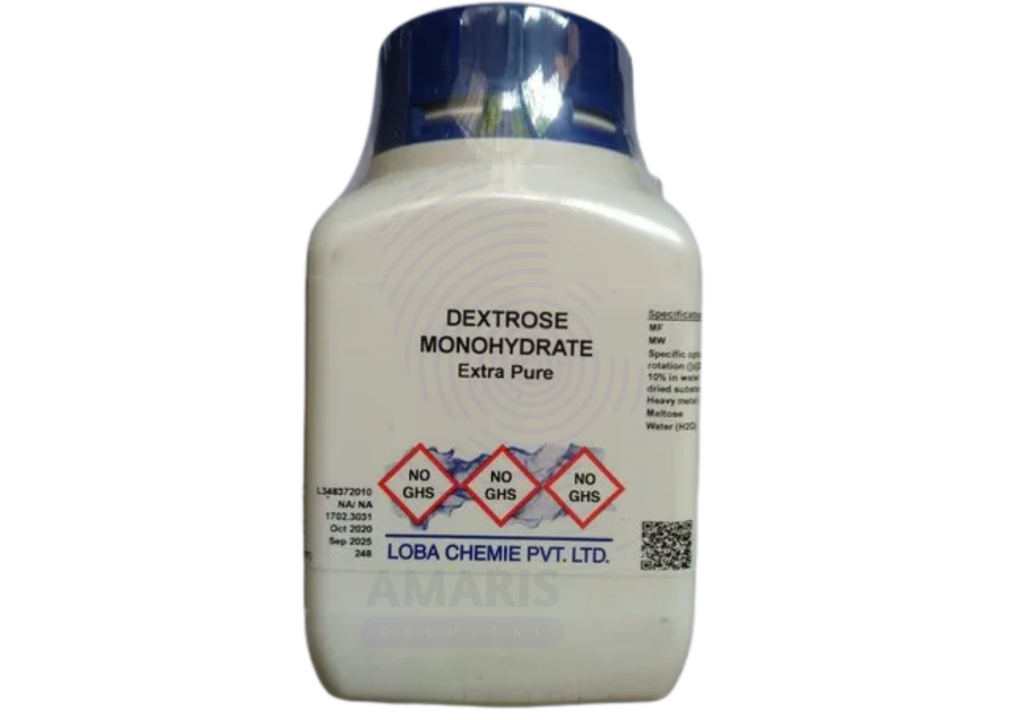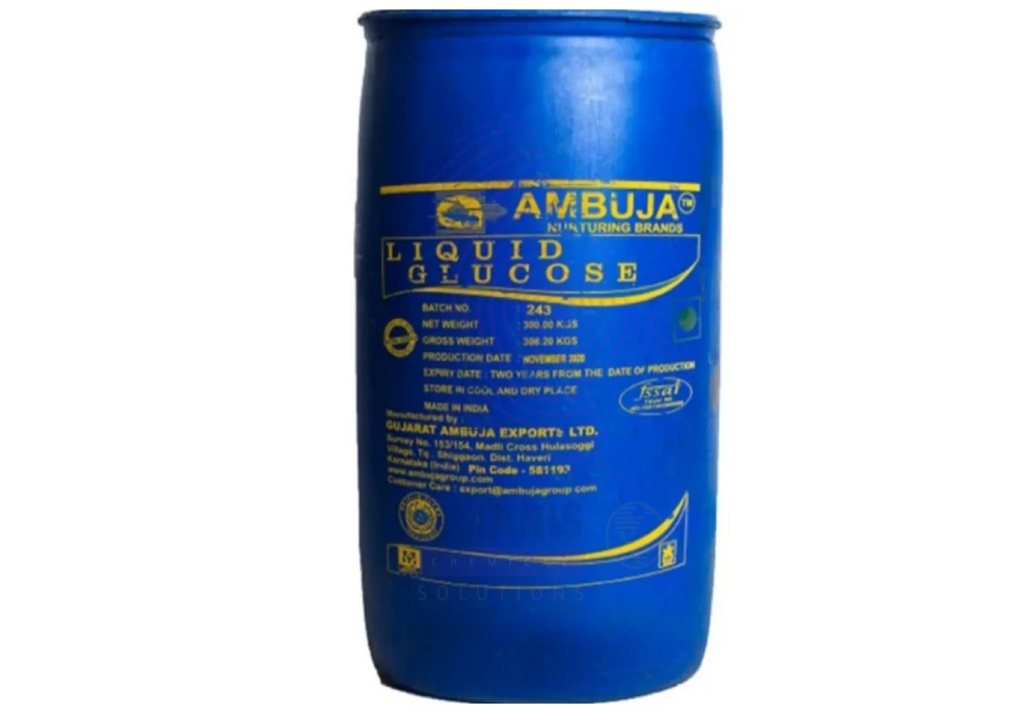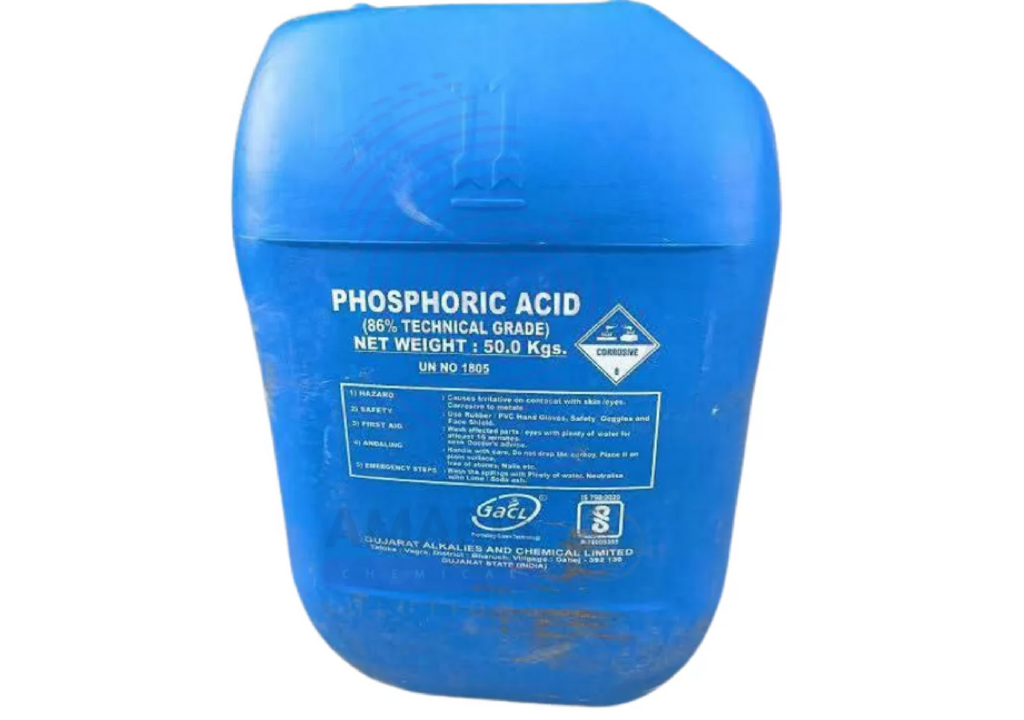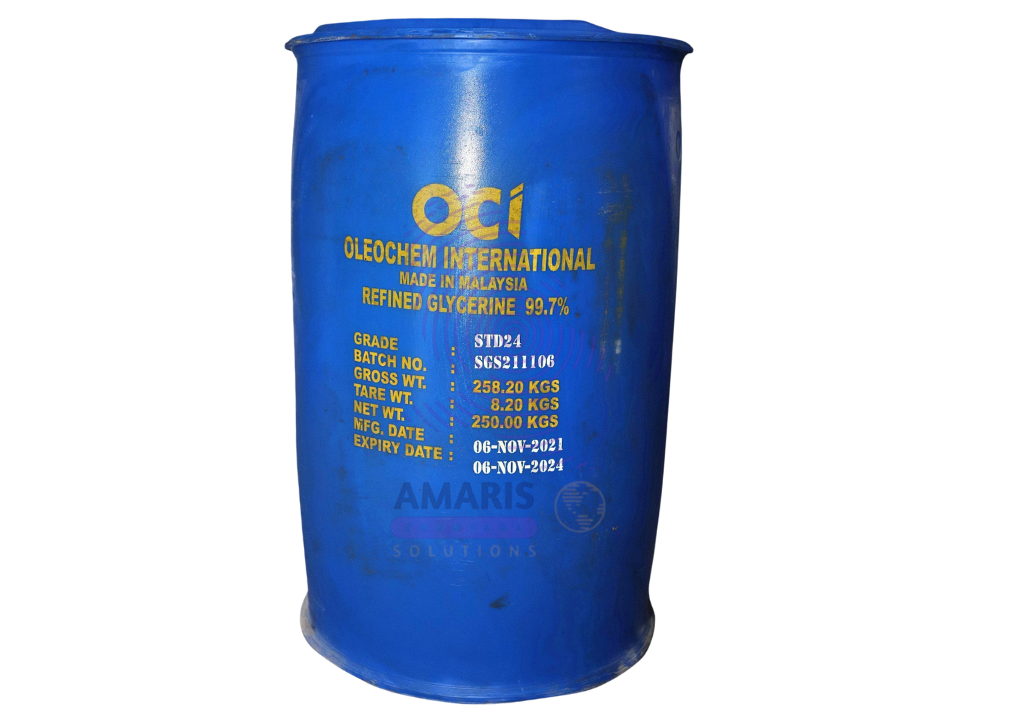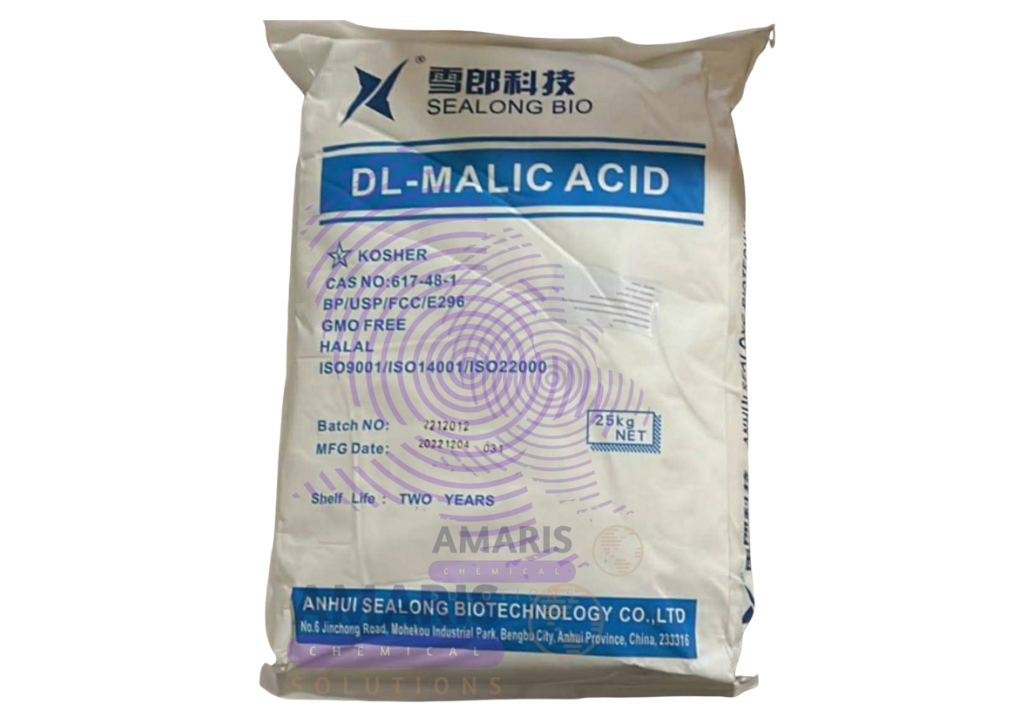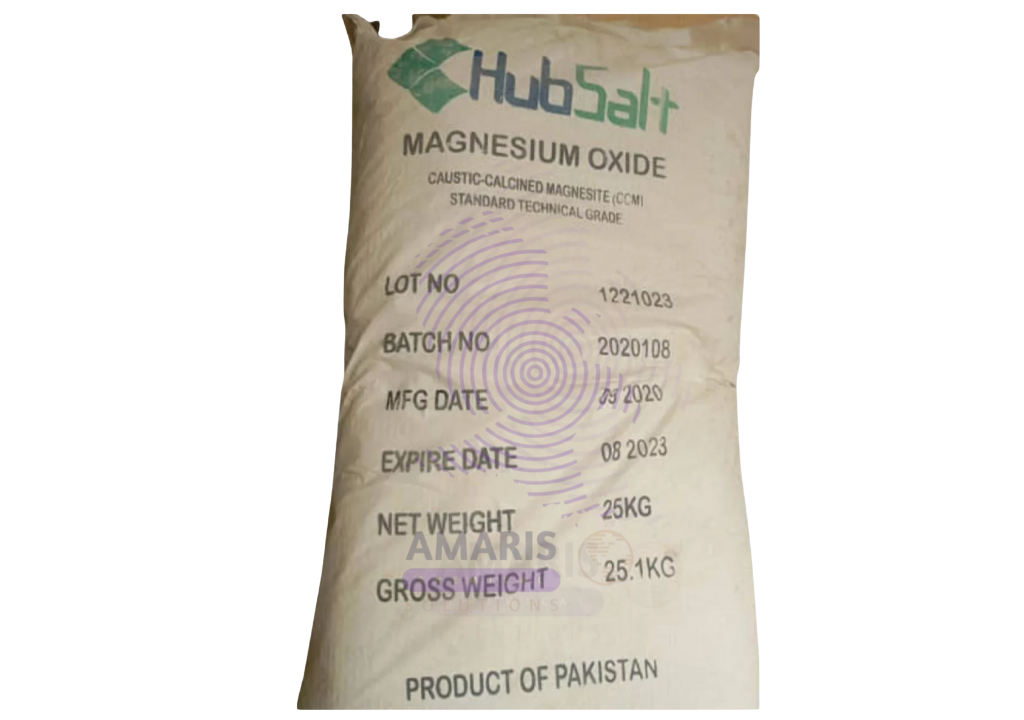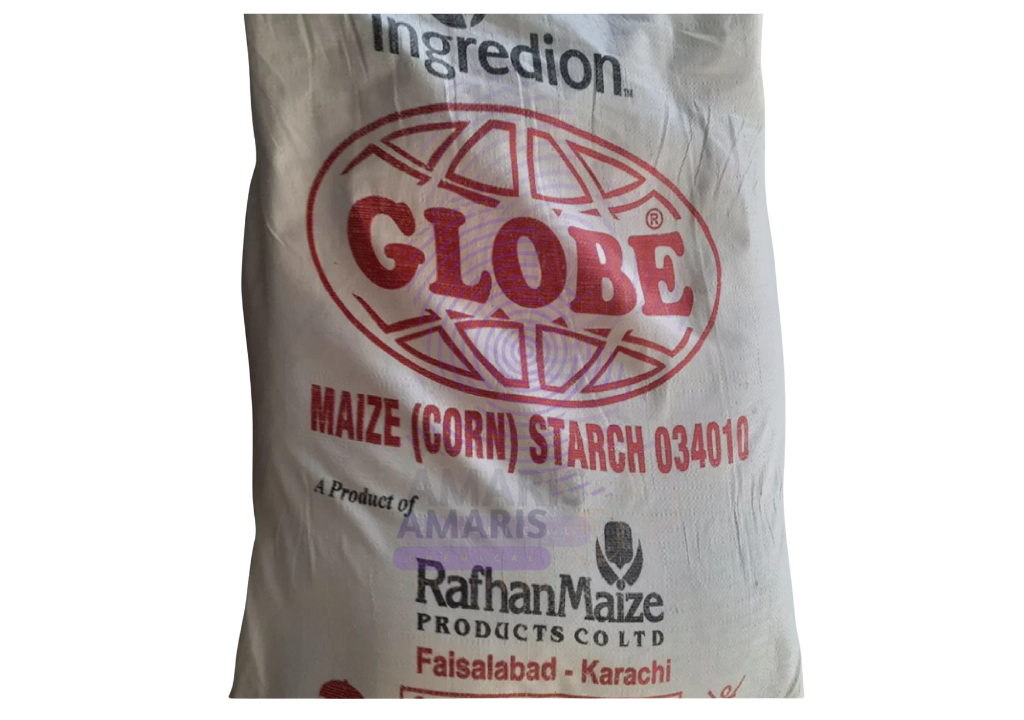Aspartame: The Low-Calorie Sweetener Transforming Food & Beverages 🍬✨
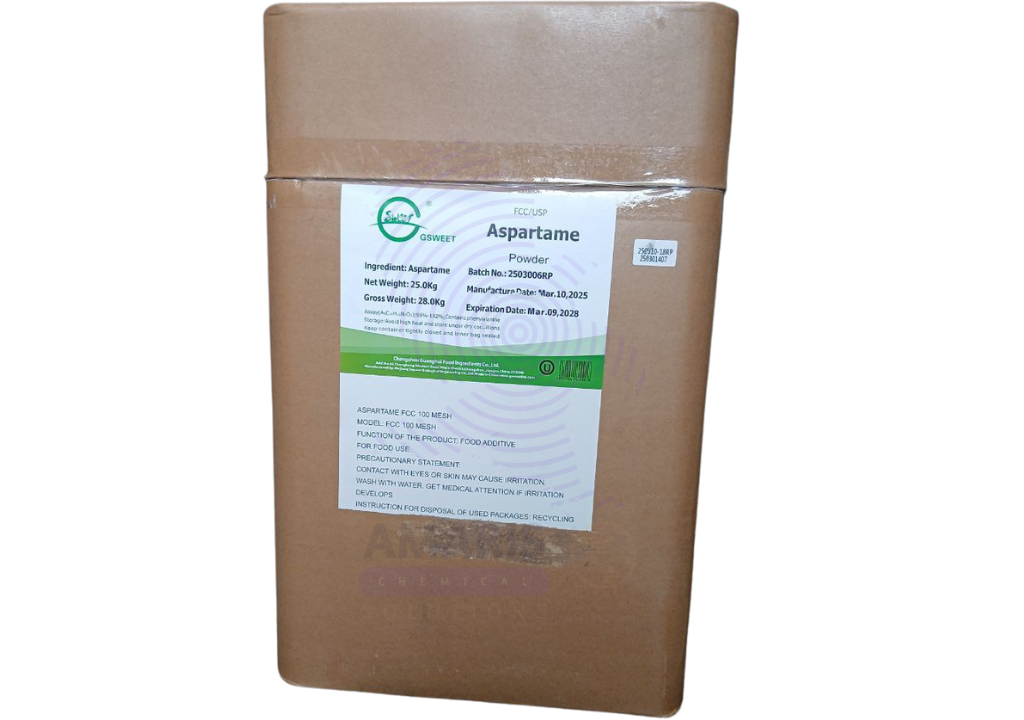
In today’s health-conscious world, aspartame has become a household name. This low-calorie artificial sweetener is used in thousands of food and beverage products around the globe. It offers the sweetness of sugar without the calories, making it a favorite for those seeking healthier alternatives in their diets.
What is Aspartame? 🧪
Aspartame is a low-calorie artificial sweetener composed of two amino acids: aspartic acid and phenylalanine. It is about 200 times sweeter than sugar, which means only a tiny amount is needed to achieve the same level of sweetness.
Key Features:
- Physical form: White, crystalline powder
- Taste: Clean, sugar-like sweetness
- Solubility: Soluble in water
- Stability: Stable under dry conditions, but can lose sweetness when exposed to high heat for extended periods
Applications of Aspartame 🌍
1. Food & Beverage Industry 🥤🍭
Aspartame is widely used in sugar-free and “diet” products, such as:
- Soft drinks and flavored water
- Chewing gums and candies
- Desserts, yogurts, and puddings
- Low-calorie baked goods (when combined with other sweeteners)
2. Pharmaceuticals 💊
Aspartame is often used in sugar-free medicines, chewable tablets, and vitamin supplements to improve taste without adding calories.
3. Weight Management Products 🏃
Because it provides sweetness without the energy content of sugar, aspartame is a popular ingredient in weight management and diabetic-friendly foods.
Benefits of Aspartame 💡
- Low-Calorie Alternative – helps reduce overall sugar intake.
- High Sweetness Intensity – 200x sweeter than sucrose, requiring very small amounts.
- Sugar-Like Taste – provides a clean sweetness without bitter aftertaste.
- Versatile Use – suitable for both food and pharmaceutical industries.
Safety & Considerations ⚠️
Aspartame has been evaluated by multiple health authorities, including the FDA, EFSA, and WHO, and is considered safe for general use within the established daily intake limits.
However, it is important to note:
- Individuals with Phenylketonuria (PKU), a rare genetic disorder, must avoid aspartame because it contains phenylalanine.
- It may lose stability when heated for long periods, making it less suitable for some high-temperature baking.
Packaging & Industrial Supply 📦
Aspartame is typically supplied in bulk packaging (25kg bags or drums) for industrial use. Its fine powder form makes it easy to incorporate into large-scale food and pharmaceutical production processes.
Final Thoughts 🌟
Aspartame has transformed the way we approach sweetness and calorie reduction. By offering the taste of sugar without the associated calories, it plays a vital role in the development of healthier, sugar-free, and diet-conscious products. With broad applications in foods, drinks, and pharmaceuticals, it continues to be one of the most valuable sweeteners in the global market.


 Preservatives(food)
Preservatives(food) Flavor Enhancers
Flavor Enhancers Acidulants
Acidulants Sweeteners
Sweeteners Antioxidants
Antioxidants Colorants(food)
Colorants(food) Nutraceutical Ingredients (food)
Nutraceutical Ingredients (food) Nutrient Supplements
Nutrient Supplements Emulsifiers
Emulsifiers
 Collectors
Collectors Dust Suppressants
Dust Suppressants Explosives and Blasting Agents
Explosives and Blasting Agents Flocculants and Coagulants
Flocculants and Coagulants Frothers
Frothers Leaching Agents
Leaching Agents pH Modifiers
pH Modifiers Precious Metal Extraction Agents
Precious Metal Extraction Agents
 Antioxidants(plastic)
Antioxidants(plastic) Colorants (Pigments, Dyes)
Colorants (Pigments, Dyes) Fillers and Reinforcements
Fillers and Reinforcements Flame Retardants
Flame Retardants Monomers
Monomers Plasticizers
Plasticizers Polymerization Initiators
Polymerization Initiators Stabilizers (UV, Heat)
Stabilizers (UV, Heat)
 Antifoaming Agents
Antifoaming Agents Chelating Agents
Chelating Agents Coagulants and Flocculants
Coagulants and Flocculants Corrosion Inhibitors
Corrosion Inhibitors Disinfectants and Biocides
Disinfectants and Biocides Oxidizing Agents
Oxidizing Agents pH Adjusters
pH Adjusters Scale Inhibitors( water)
Scale Inhibitors( water)
 Antioxidants(cosmetic)
Antioxidants(cosmetic) Emollients
Emollients Fragrances and Essential Oils
Fragrances and Essential Oils Humectants
Humectants Preservatives
Preservatives Surfactants(cosmetic)
Surfactants(cosmetic) Thickeners
Thickeners UV Filters
UV Filters
 Fertilizers
Fertilizers Soil Conditioners
Soil Conditioners Plant Growth Regulators
Plant Growth Regulators Animal Feed Additives
Animal Feed Additives Biostimulants
Biostimulants Pesticides (Herbicides, Insecticides, Fungicides)
Pesticides (Herbicides, Insecticides, Fungicides)
 Active Pharmaceutical Ingredients (APIs)
Active Pharmaceutical Ingredients (APIs) Excipients
Excipients Solvents(pharmaceutical)
Solvents(pharmaceutical) Antibiotics
Antibiotics Antiseptics and Disinfectants
Antiseptics and Disinfectants Vaccine Adjuvants
Vaccine Adjuvants Nutraceutical Ingredients (pharmaceutical)
Nutraceutical Ingredients (pharmaceutical) Analgesics & Antipyretics
Analgesics & Antipyretics
 Analytical Reagents
Analytical Reagents Solvents(lab)
Solvents(lab) Chromatography Chemicals
Chromatography Chemicals Spectroscopy Reagents
Spectroscopy Reagents microbiology-and-cell-culture-reagents
microbiology-and-cell-culture-reagents Molecular Biology Reagents
Molecular Biology Reagents Biochemical Reagents
Biochemical Reagents Inorganic and Organic Standards
Inorganic and Organic Standards Laboratory Safety Chemicals
Laboratory Safety Chemicals Specialty Laboratory Chemicals(Special Laboratory Equipment)
Specialty Laboratory Chemicals(Special Laboratory Equipment)
 Demulsifiers
Demulsifiers Hydraulic Fracturing Fluids
Hydraulic Fracturing Fluids Scale Inhibitors(oil)
Scale Inhibitors(oil) Surfactants(oil)
Surfactants(oil) Drilling Fluids
Drilling Fluids
 Dyes and Pigments
Dyes and Pigments Bleaching Agents
Bleaching Agents Softening Agents
Softening Agents Finishing Agents
Finishing Agents Antistatic Agents
Antistatic Agents
 Admixtures
Admixtures Waterproofing Agents
Waterproofing Agents Sealants and Adhesives
Sealants and Adhesives Curing Compounds
Curing Compounds Concrete Repair Chemicals
Concrete Repair Chemicals Anti-Corrosion Coatings
Anti-Corrosion Coatings
 Surfactants(cleaning)
Surfactants(cleaning) Builders
Builders Enzymes
Enzymes Solvents (Cleaning)
Solvents (Cleaning) Fragrances
Fragrances
 Electronic Chemicals
Electronic Chemicals Catalysts
Catalysts Lubricants
Lubricants Photographic Chemicals
Photographic Chemicals Refrigerants
Refrigerants Automotive chemicals
Automotive chemicals Pyrotechnic Chemicals
Pyrotechnic Chemicals
 Biodegradable Surfactants
Biodegradable Surfactants Bio-based Solvents
Bio-based Solvents Renewable Polymers
Renewable Polymers Carbon Capture Chemicals
Carbon Capture Chemicals Wastewater Treatment Chemicals
Wastewater Treatment Chemicals
 Pigments
Pigments Solvents(paint)
Solvents(paint) Specialty Coatings
Specialty Coatings Binders/Resins
Binders/Resins Additives
Additives Driers
Driers Anti-Corrosion Agents
Anti-Corrosion Agents Functional Coatings
Functional Coatings Application-Specific Coatings
Application-Specific Coatings
 Fresh Herbs
Fresh Herbs Ground Spices
Ground Spices Whole Spices
Whole Spices Spice Blends
Spice Blends Dried Herbs
Dried Herbs
 Leavening Agents
Leavening Agents Dough Conditioners
Dough Conditioners Flour Treatments
Flour Treatments Fat Replacers
Fat Replacers Decoratives
Decoratives Preservatives(baking)
Preservatives(baking)
 Plasticizers & Softeners
Plasticizers & Softeners Reinforcing Agents
Reinforcing Agents Adhesion Promoters
Adhesion Promoters Vulcanizing Agents
Vulcanizing Agents Antidegradants
Antidegradants Blowing Agents
Blowing Agents Fillers & Extenders
Fillers & Extenders Accelerators & Retarders
Accelerators & Retarders
